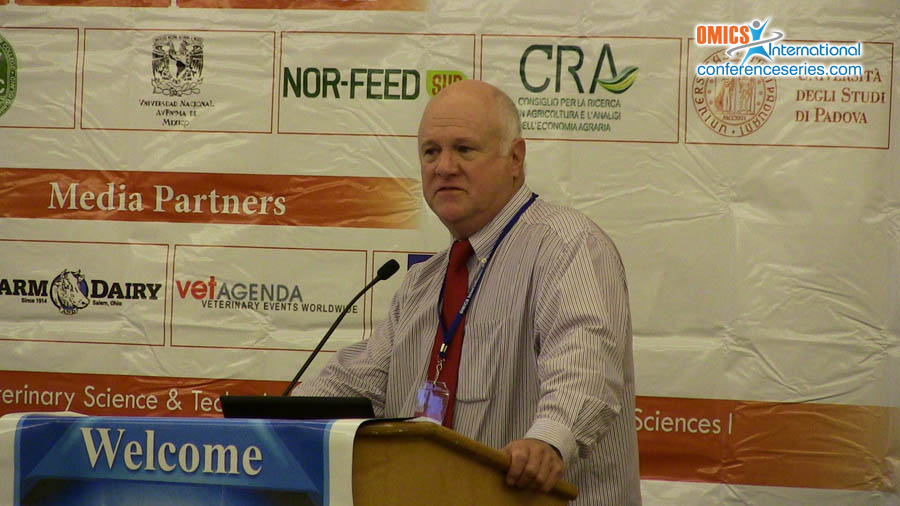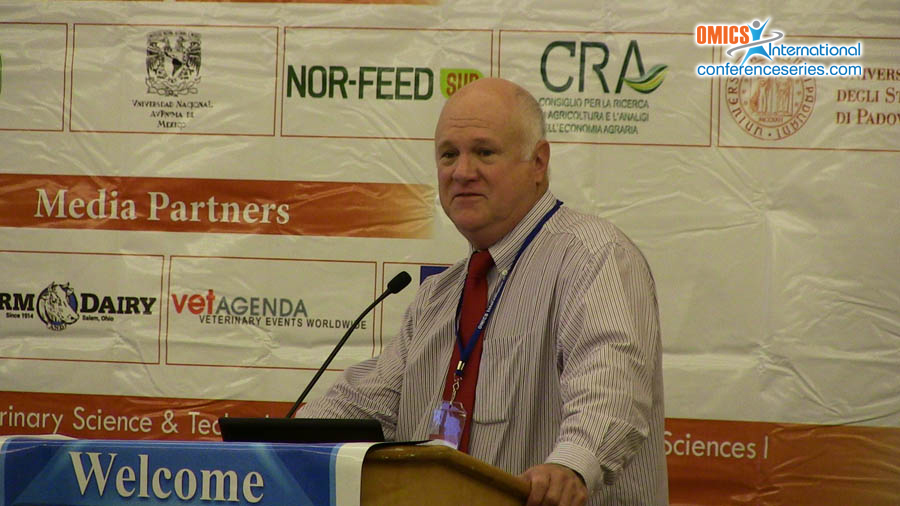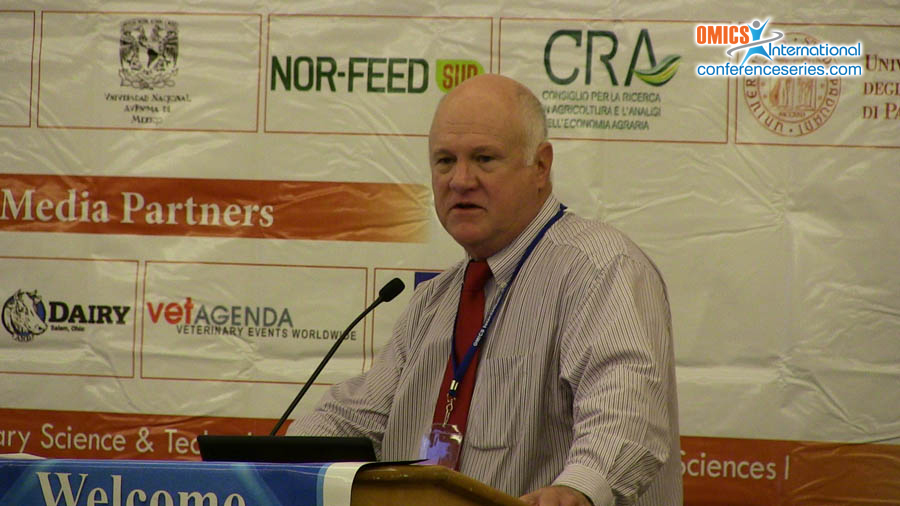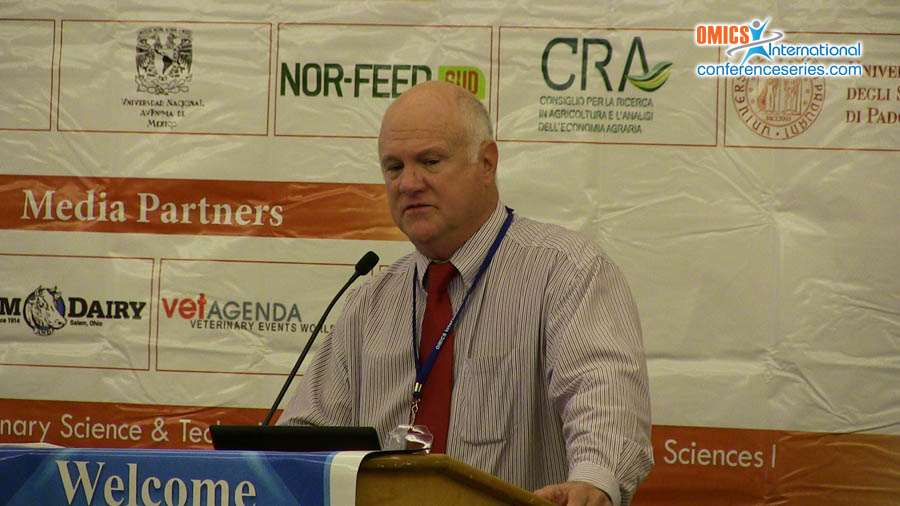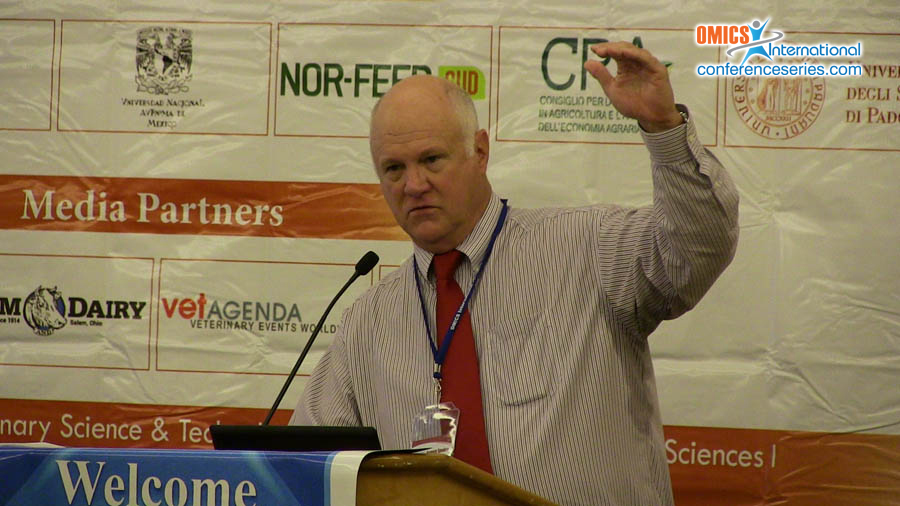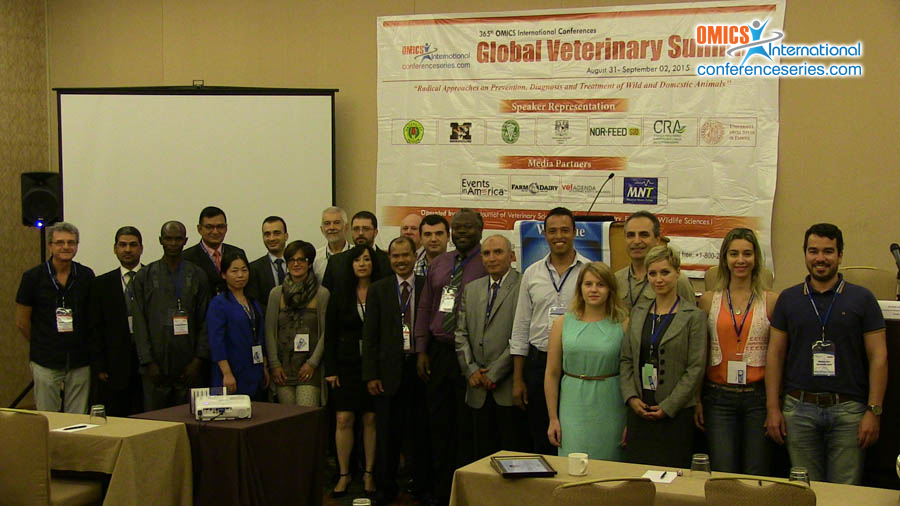
Glen E Aiken
USDA-ARS Forage Animal Production Research Unit
USA
Title: Management practices to mitigate the adverse physiology in livestock that are exposed to ergopeptines
Biography
Biography: Glen E Aiken
Abstract
Ergopeptines are a group of ergot alkaloids produced by a fungal endophyte (Neotyphodium coenophialum) that infects tall fescue [Lolium arundinaceum (Schreb.) Darbysh.], which is a cool-season perennial grass that is the predominant forage in the U.S. transition zone between the temperate northeast and subtropical southwest. Unfortunately, ergopeptines can induce a toxicosis that adversely affects physiology and well-being of grazing cattle. Hardiness and persistence of tall fescue under limited management can be attributed to other ergot alkaloids the endophyte produced, but the trade-off is reduced cattle production from consumption of ergopeptines. Ergopeptines are agonists to alpha-adrenergic receptors in the vasculature and, therefore, are vasoactive in causing persistent constriction of arteries and veins. Reduced blood flow to peripheral tissues disrupts the animal’s ability to thermo-regulate, which makes them vulnerable to severe heat stress in the late spring and summer. Ergopeptines are also D2 dopamine receptor agonists in reducing secretion of prolactin from the anterior pituitary gland, which reduces milk production by lactating cows. Improved understanding of this endopyte-grass complex has facilitated development of the following technologies and management systems that can either mitigate or completely alleviate fescue toxicosis: 1) use moderate to heavy grazing intensities, 2) replace the toxic endophyte with non-ergot alkaloid producing endophytes, 3) use a herbicide that can suppress the emergence of tall fescue seed heads, 4) avoid grazing of tall fescue with high ergot alkaloid concentrations in the late spring and summer by moving cattle to warm-season grass, and 5) dilute dietary alkaloids by interseeding clovers or feeding supplements.

